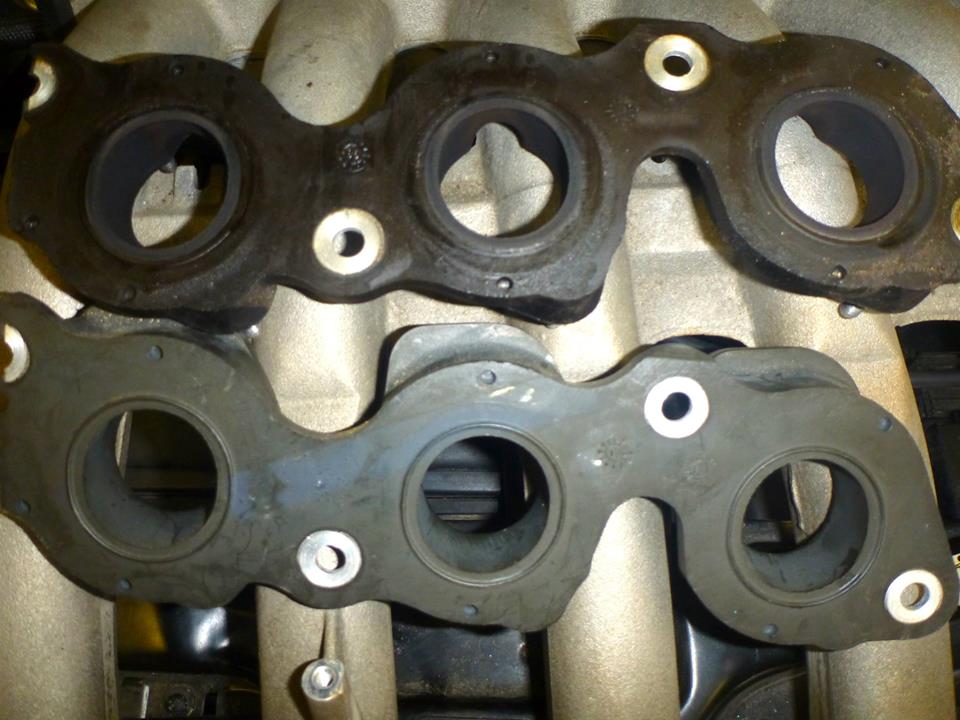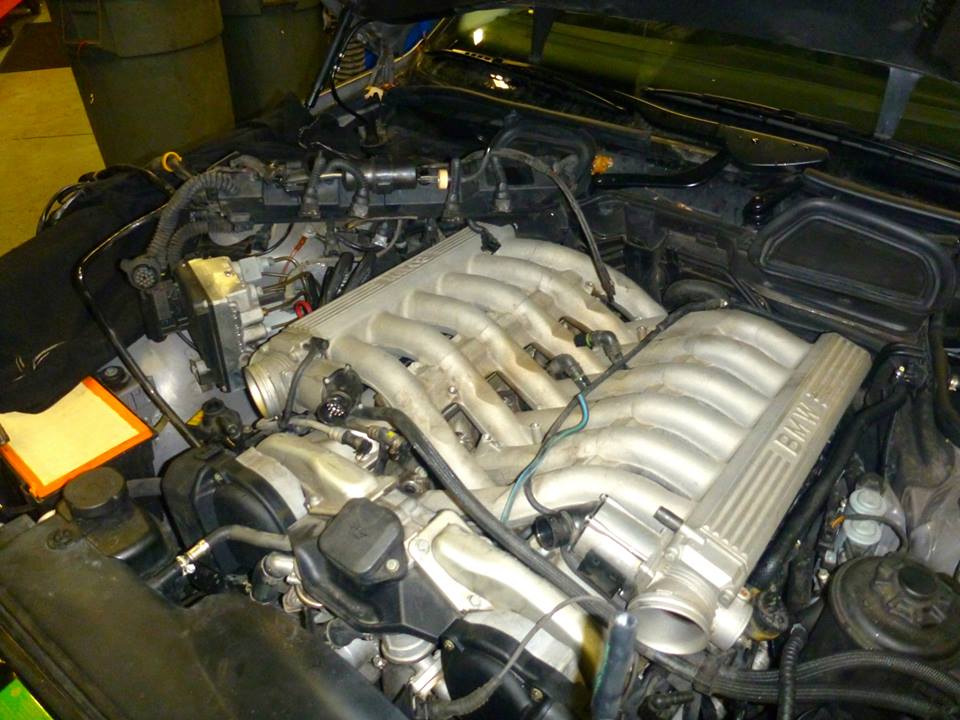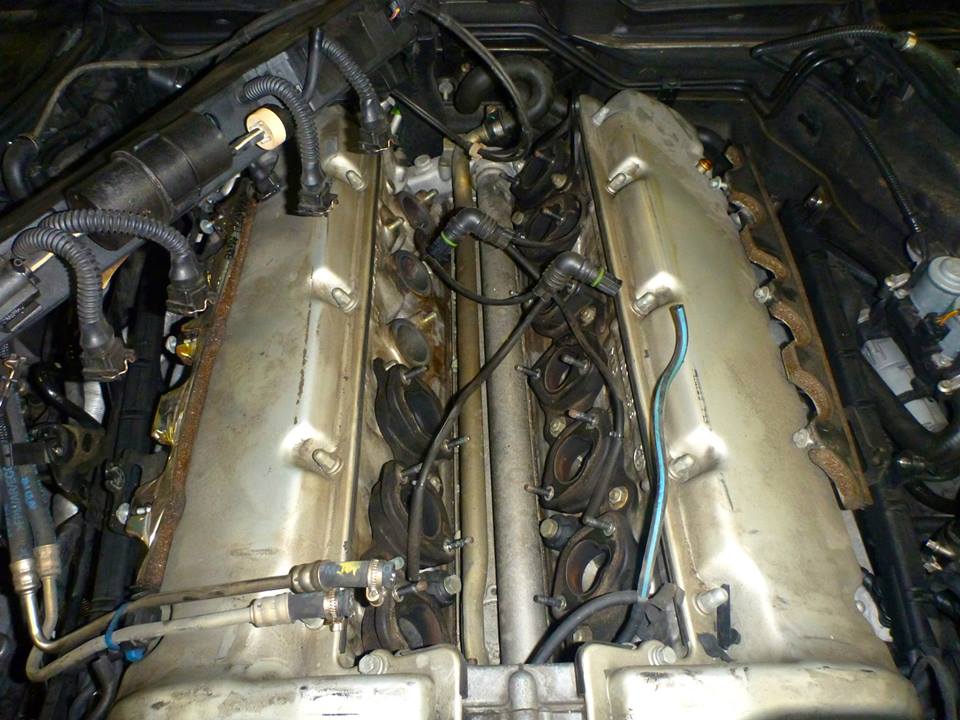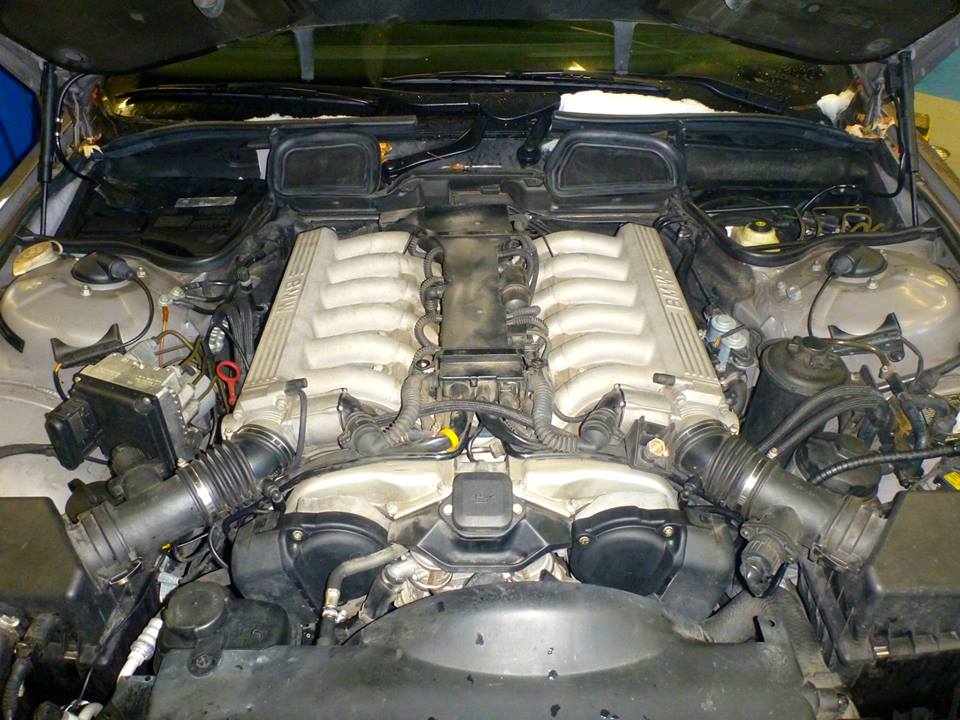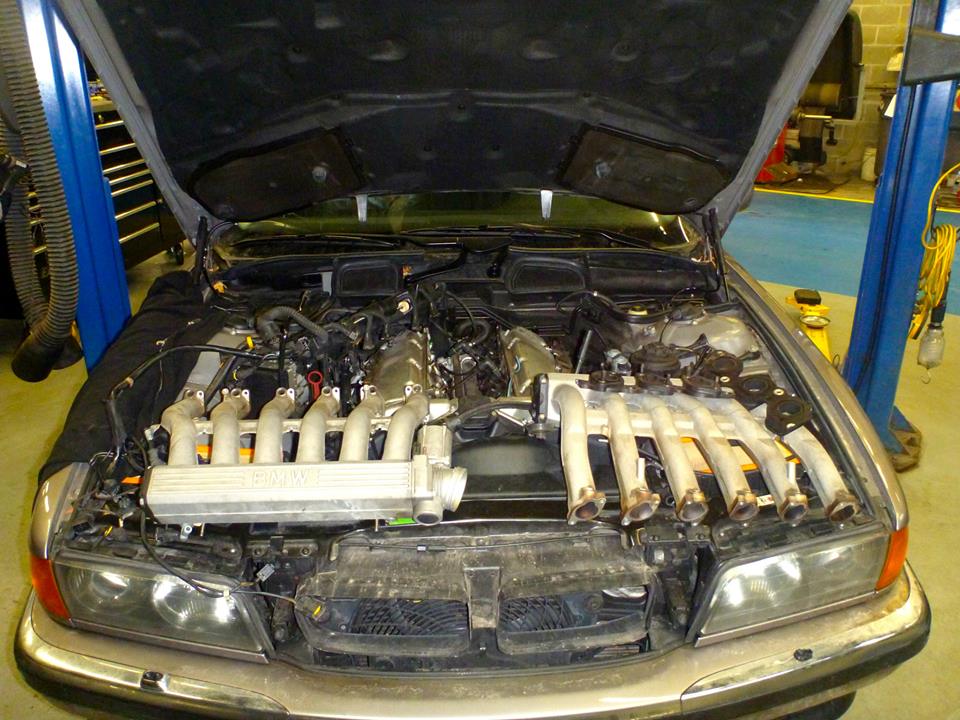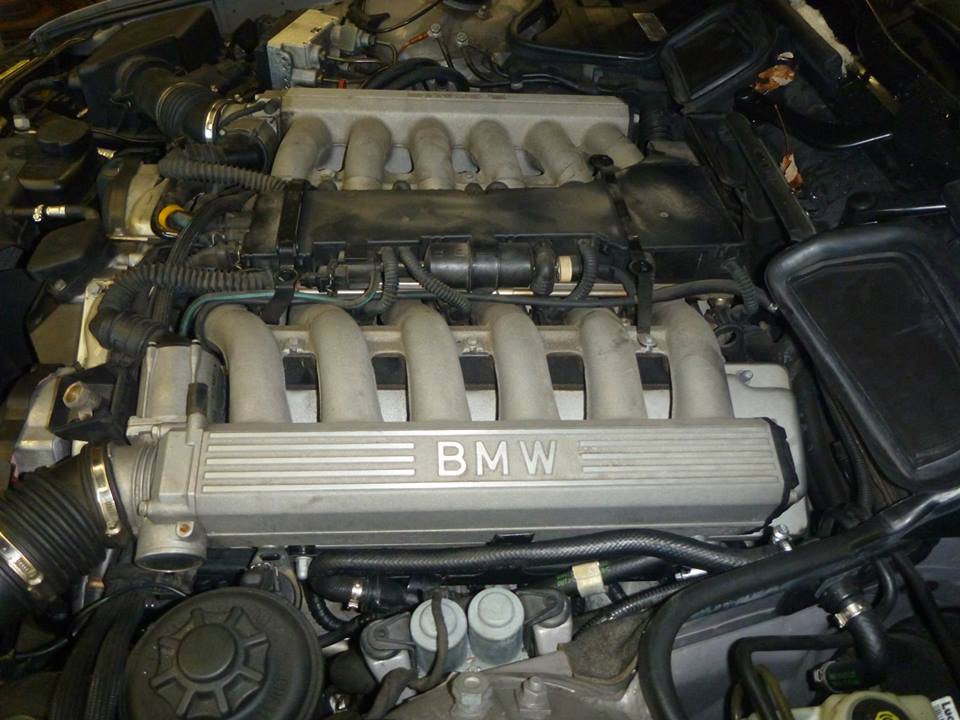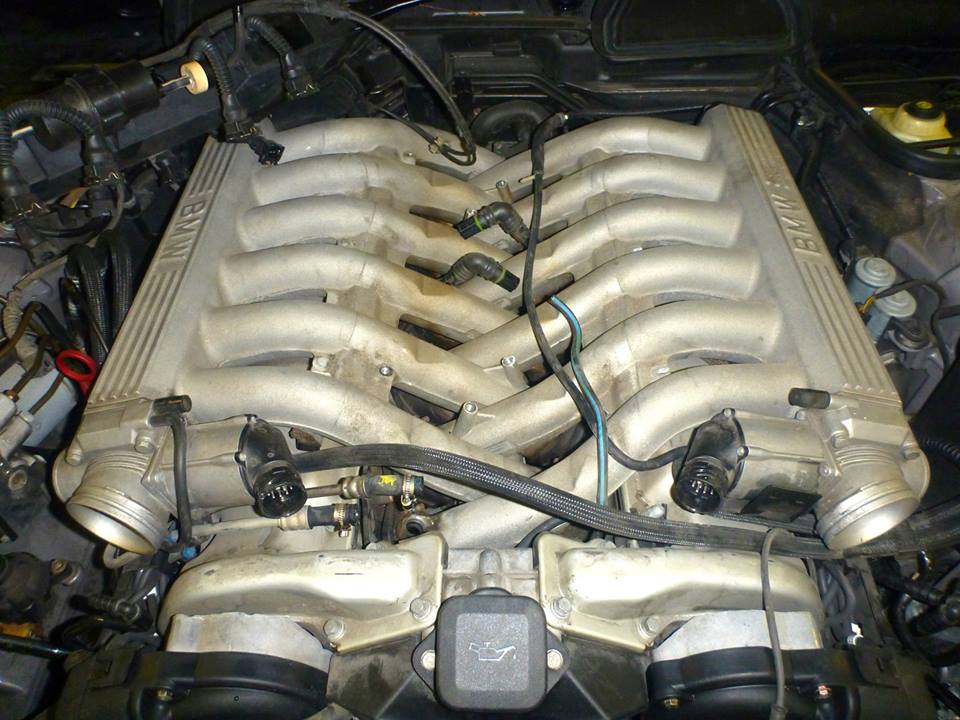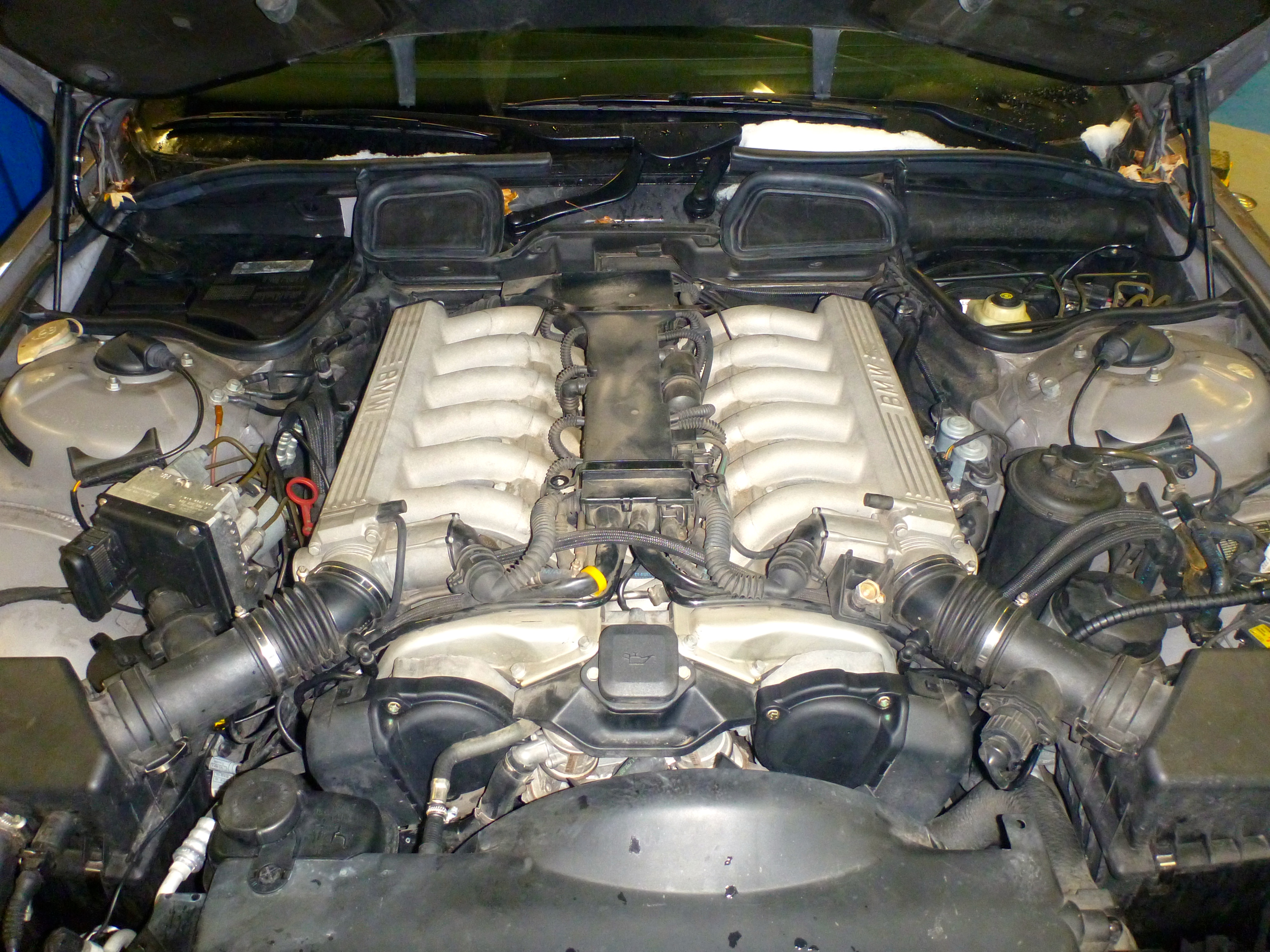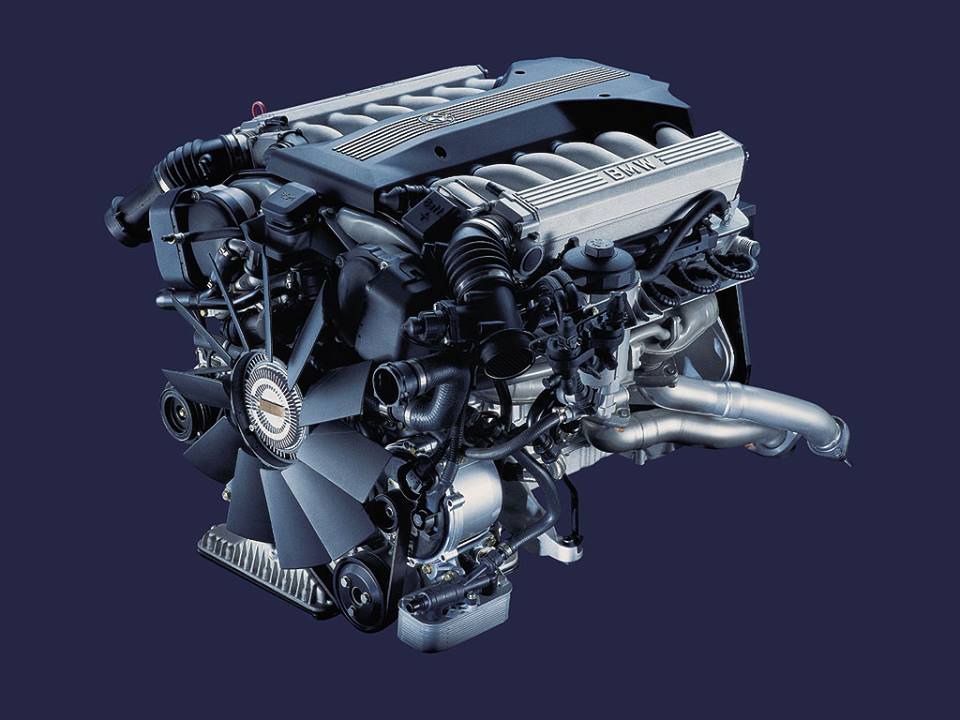Recently we were engaged to work with customer’s insurance company on a problem with his BMW’s glass sunroof. It was, to put it mildly, an interesting experience. Having done this for more than a few years, thought I might pass along some tips in the interest of helping our customers.
1) Get An Independent Estimate, Always –
As far as much possible, have a trusted, independent professional service provider provide an estimate BEFORE the insurance “adjuster” shows up. You don’t need to get the traditional “3 estimates”, just a single, well written estimate, from a professional. Remember, the insurance “adjuster” is really looking out for the insurance company’s interest, not necessarily yours. It takes time and delays your auto repairs, to get the adjuster to come back out and look at additional work needed.
2) The Insurance Adjuster Is Looking Out For the Insurance Company, Not You –
If you remember anything from this list, remember this one – while most adjusters are fair, they are paid to minimize claims, not necessarily look after your best interest. He or she may be friendly, or want to offer you a payment check on the spot, but it is much harder to go back and correct the estimate later, than it is to get it right in the first place. Again, most companies are fair, but like anything else, you do need to stand up, or have an independent shop, stand up for your rights. Ask questions!
3) The Insurance Adjuster Is Not An Expert On Your Car –
Most are well trained, but by simple statistics of the vehicle population on the road, they are largely familiar with domestic cars. Your European or Japanese import might be a different matter. This is where a estimate from a qualified professional independent service facility is to your advantage, and helps speed up the claim process.
Example – We recently had to work with a customer’s insurance company about a glass sunroof issue on his BMW. This was the very complex, two part “Panoramic Sunroof”. The adjuster admitted that he was not familiar with the vehicle, and it took well over a week to finally write and settle the claim. It was only after 3 phone calls to us, and my suggestion that he contact BMW directly to confirm our diagnosis and repair course, that he realized that extent of the repair. If we had not been involved, the customer would have likely ended up with a denied claim, or worse, had a used assembly installed (yes, that was the original offer), and had to deal with the problem again in a short while, after the warranty expired…a 10 hour, $3,000 repair.
4) Estimates Are Not Written In Stone –
It is not uncommon for hidden damage to be found, especially in the event of collision or impact accident damage. Most shops know this as well, and should work with your insurance company to write what is termed a “supplement” for additional repair work. A professional shop will look out for your interests here, and call and work with the insurance company to make sure your car is repaired to “pre-loss condition”, not just the way the insurance provider wants.
5) Warranty, Be Sure Of The Warranty –
Insurance work is funny, oftentimes the insurance company will attempt to have the shop install “used” parts in an effort to save the insurance company money. Problem is that used parts often only have a 30 day warranty, leaving you on the hook, for expensive repairs, from day 31 on.
A quality shop will look out for your best interest, and press the insurance company to cover any repairs for at least 1 full year. Ideally, you want NEW parts installed on the car, rather than used, but your insurance company has to consent. There have been times, when we could not get an insurance company to agree to new parts, we suggested to the customer to pay the difference, just to assure a quality job…the difference is often surprisingly small. At Atlantic Motorcar, we warranty all service for 2 Years, Nationwide, you should expect nothing less.
Summary – This is just the tip of the iceberg, so if you have questions, please call. And remember, we are not knocking insurance companies or adjusters, we just want to show you have the game is played, the rules of the road if you will.
If you have questions relating to the repair of your car, please contact us. Likewise if you have experienced a loss, we’re happy to provide a fair, independent assessment of the damage, and offer a suggested course of repair. We’ll work directly with your insurance company to make the procedure painless, and simple!
At Atlantic Motorcar Center we’re all about relationships, with you, and your car! Let us know how we can help you.
(207) 882-9969
– Bruce and the AMC Service Team














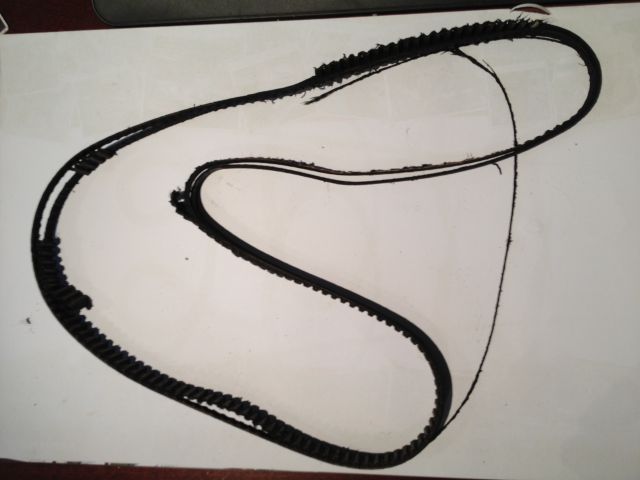
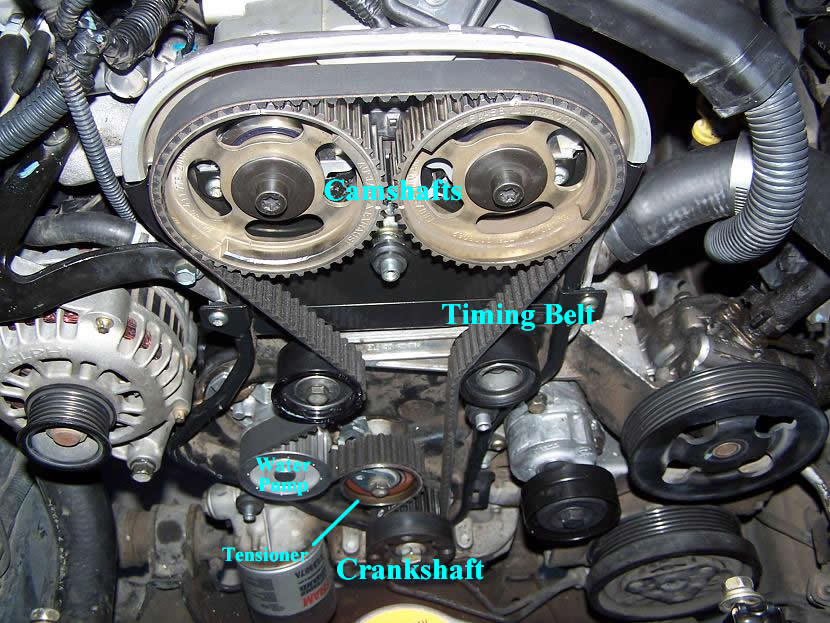
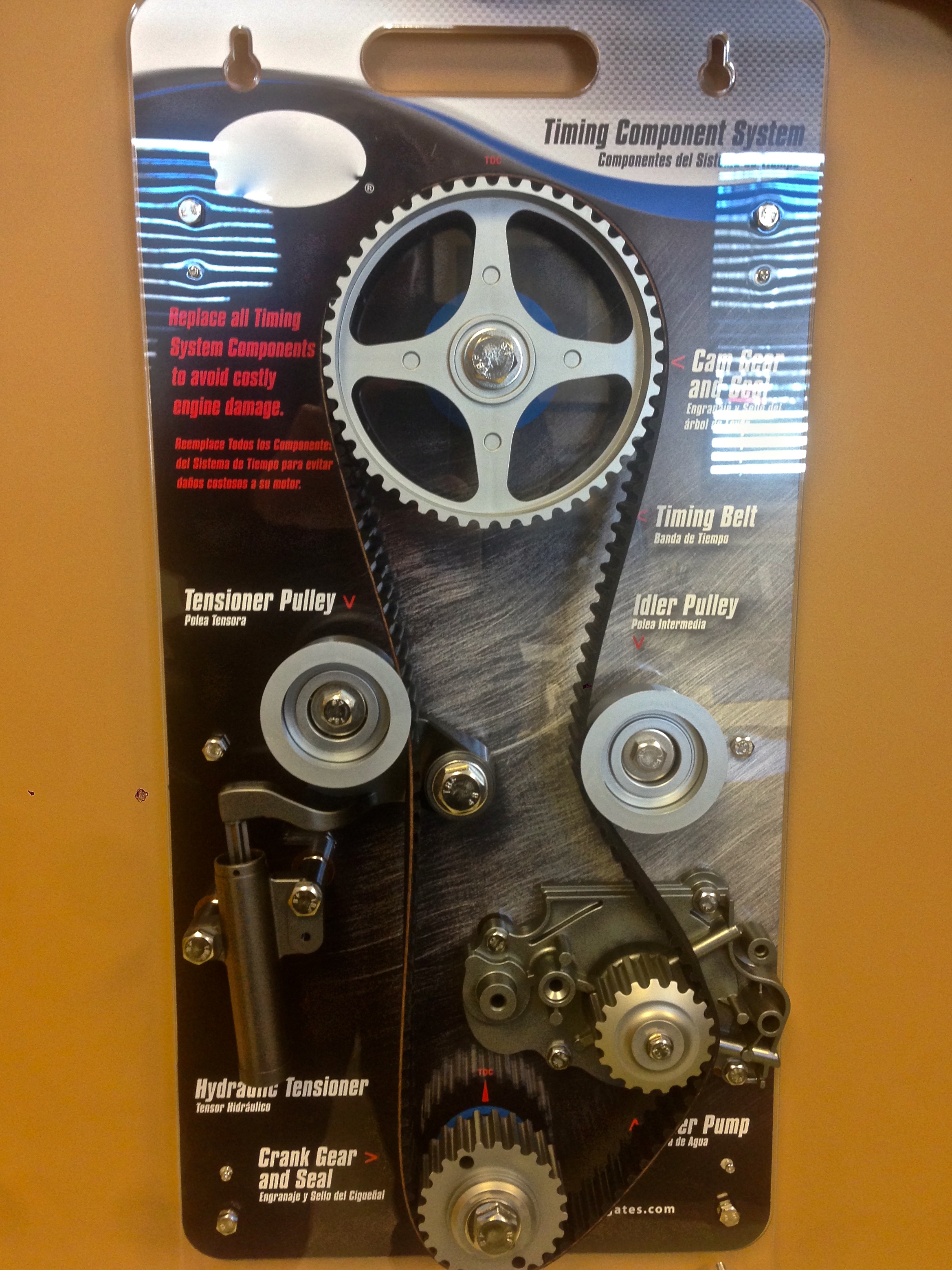
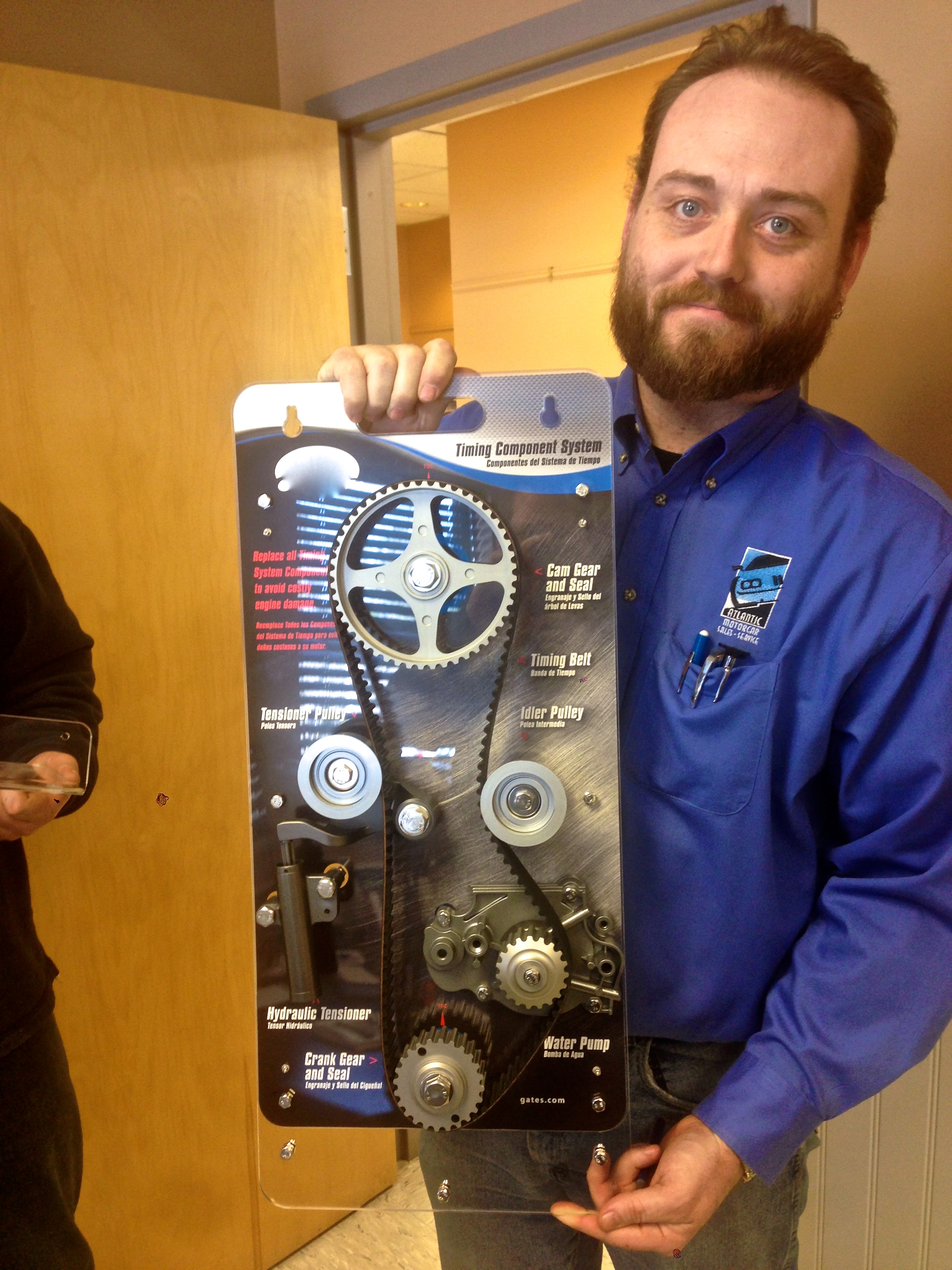
![MCj02346250000[1]5](https://atlanticmotorcar.com/casestudies/wp-content/uploads/MCj023462500001521.jpg)
![MCj02346250000[1]5](https://atlanticmotorcar.com/casestudies/wp-content/uploads/MCj02346250000152.jpg) WE CAN SERVICE YOUR NEW CAR, EVEN IF IT IS STILL UNDER FACTORY WARRANTY.
WE CAN SERVICE YOUR NEW CAR, EVEN IF IT IS STILL UNDER FACTORY WARRANTY.











